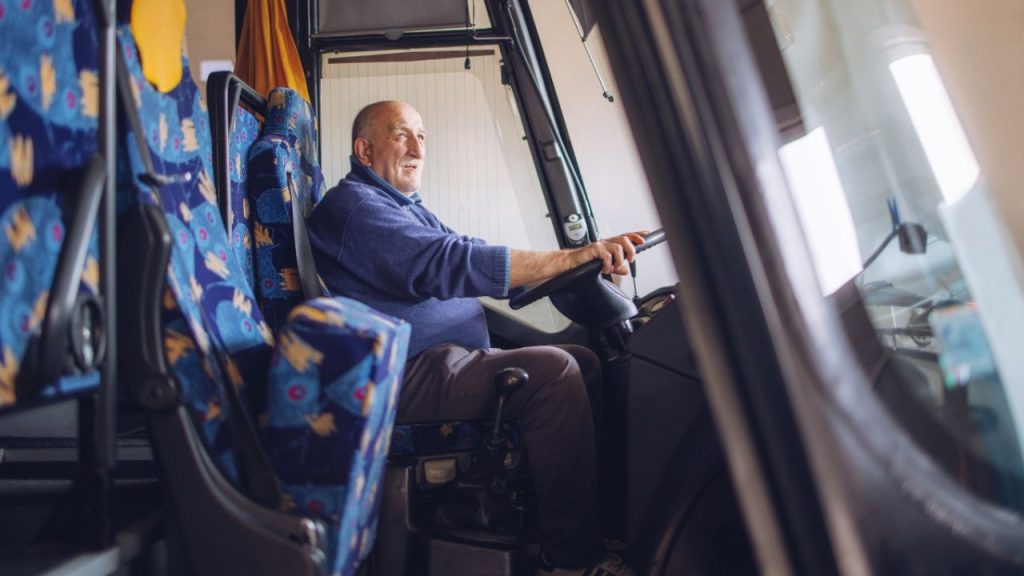The Rio de Janeiro Military Police have made 300 arrests using the facial recognition system. Half of these were to serve warrants for failure to pay child support. 
According to the corporation, there are prisoners for robbery (55), homicide (12), femicide (03), drug trafficking (25), domestic violence (4), theft (15), rape (4), among other types of crime.
How facial recognition works
The system has been in operation for less than a year. 136 cameras, with recognition software, were installed on the city’s waterfront and at other strategic points, such as Rio Bus Station.
The system forwards alerts to a monitoring center. From there, operators check whether there is any similarity between the person identified by the system and photos from the Court of Justice and fugitive databases.
If there is a similarity, police officers are instructed to go to the location and check whether the person approached is the same as the person in the database. The check is done using an identification document. If the person is confirmed, the person is taken to the police station.
“Our police officers follow a very strict standard operating protocol (SOP) to avoid embarrassing situations. However, citizens must understand that the approach, carried out in a standardized manner, is not a disgrace to anyone. We are acting in defense of everyone’s safety,” said the Secretary of the Military Police, Colonel Marcelo de Menezes, in a statement from the corporation.
The 300 arrests, according to the PM, represent 10% more than all arrest warrants served between January and mid-August this year in the state.


















